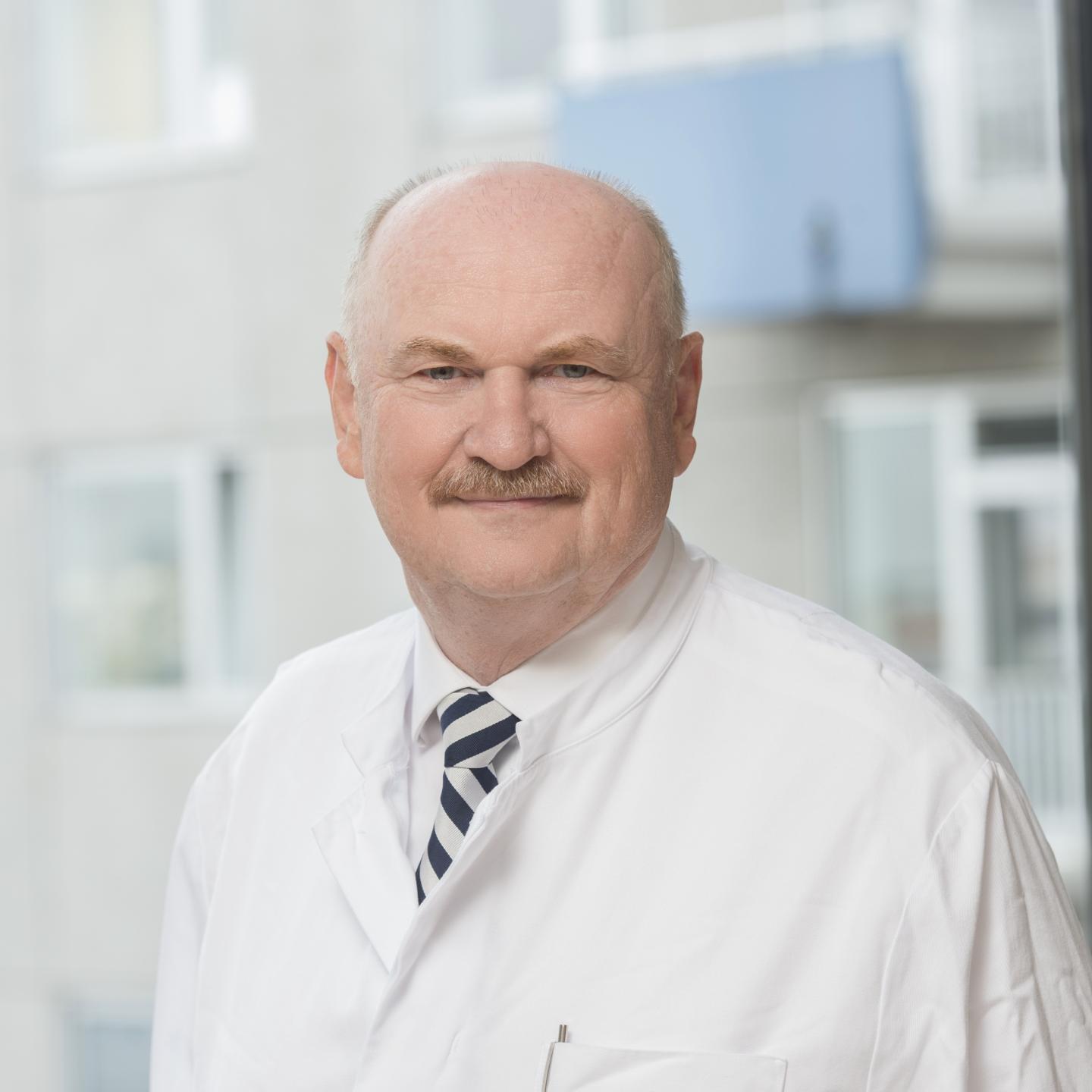(Vienna, October 17, 2014) Two new pill-only regimens that rapidly cure most patients with genotype 1 hepatitis C (HCV) infection could soon be widely prescribed across Europe. Two recently-published studies1,2 confirmed the efficacy and safety of combination therapy with two oral direct-acting antiviral agents (DAAs), with around 90% of patients cured after just 12-weeks of treatment.
At the 22nd United European Gastroenterology Week (UEG Week 2014) in Vienna, Austria, Professor Michael P. Manns from Hannover Medical School in Germany will be presenting this data and says this represents a massive step forward in the treatment of this life-threatening infection. "These new pill-only regimens have the potential to offer more effective, safer and faster virus eradication than current therapies, even in traditionally hard-to-cure patients," he says. "We hope that a pill-only regimen will encourage more people to come forward and accept treatment so we can one day eradicate this deadly virus."
Burden of hepatitis C infection
Hepatitis C virus (HCV) infection is a global epidemic, with more than 180 million people thought to have chronic HCV infection worldwide. HCV genotype 1 represents the majority of infections in Europe and is considered the most difficult to cure. Until recently, the standard of care for chronic HCV genotype 1 infection involved a combination of drugs, was associated with severe side-effects and involved complicated injection and tablet regimens lasting up to 1 year.
"These treatment regimens, although effective, are difficult to manage and poorly tolerated by many patients, and some clinicians won't even use them," says Prof. Manns. "We desperately need simpler treatment regimens that are highly effective, that can be used in more patients, and that do not cause such severe toxicity."
New pill-only regimens
Two recently-published studies used different combinations of oral antivirals to treat patients with chronic HCV genotype 1 infection. In the first study – called the HALLMARK-DUAL study1 – 645 patients with HCV genotype 1b infection received an NS3 protease inhibitor twice-daily plus once-daily NS5A replication complex inhibitor or placebo. Twelve weeks after the end of a 24 week treatment period (the primary endpoint), the combination regimen had provided a sustained virological response (SVR) – which is considered a cure – in 90% of previously untreated patients and 82% of patients who had failed to respond to, or could not tolerate, their previous treatment.
"This is a vast improvement over standard triple therapy, with efficacy observed across the board – even in patients with liver cirrhosis and those who have failed other treatments," says Prof. Manns. "The combination treatment was also well tolerated by most patients."

This image shows United European Gastroenterology, Professor Michael Manns.
(Photo Credit: United European Gastroenterology)
In a second study – called the COSMOS study2 – 167 patients with HCV genotype 1a and 1b infection were randomized and treated with a second generation NS3/4A protease inhibitor once-daily plus a NS5B polymerase inhibitor once-daily with or without ribavirin. After 12 weeks of treatment, 93% of patients (including those with cirrhosis and interferon non-responders) had achieved an SVR. Again, the combination regimen was well tolerated, with less than 2% of patients reporting serious adverse events or withdrawing from treatment because of adverse events.
"The results from these two studies suggest that interferon- and ribavirin- based treatment for chronic HCV infection may soon become a thing of the past," says Prof. Manns. "With several more pill only regimens having also been reported this year, this is a key moment in the history of HCV treatment and represents an important step towards universally effective, needle-free treatments for HCV."3,4,5.




Comments